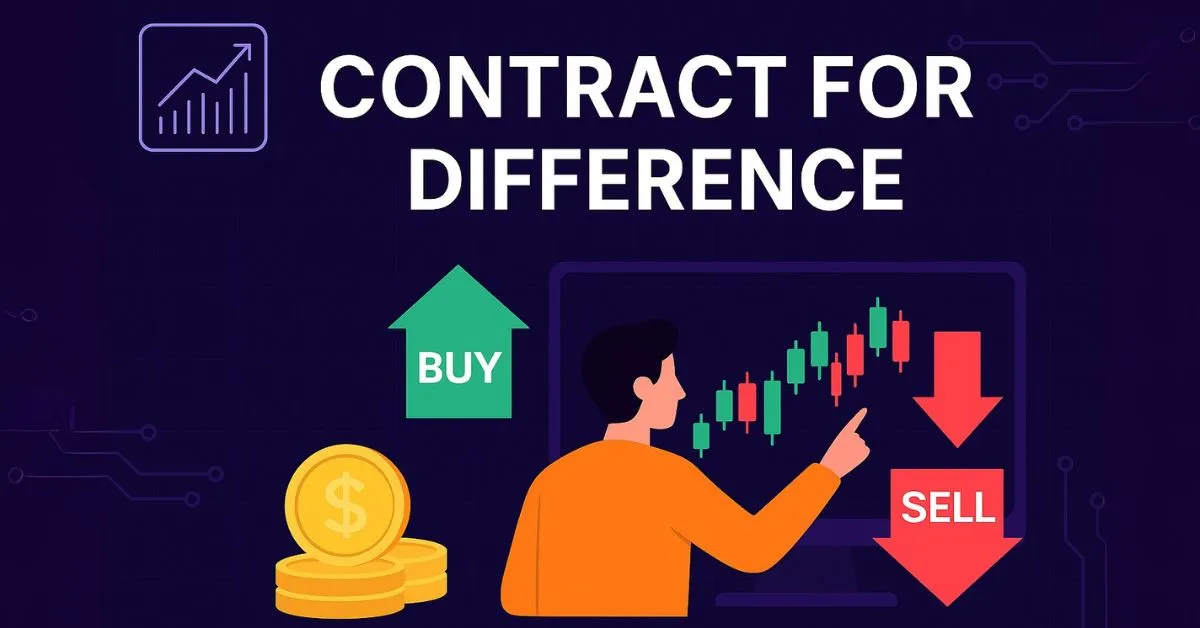
What Is A CFD? A Comprehensive Guide To Contract For Difference Trading
1. What Is A CFD?
A Contract for Difference (CFD) is an agreement between two parties, typically an investor and a broker, to exchange the difference in the value of an asset from the time the contract is opened to when it is closed. Investors can profit from price movements without owning the underlying asset.
2. How CFDs Work
• Going Long: The investor expects the asset's price to rise.
• Going Short: The investor expects the asset's price to fall.
Profits or losses are calculated based on the difference between the opening and closing prices, multiplied by the number of contracts, and can be amplified by leverage.
3. Benefits Of CFD Trading
• No Ownership Required: Trade various assets without owning them.
• Leverage: Enhance potential returns with less capital.
• Bidirectional Trading: Profit from both rising and falling markets.
• Diversification: Access to a wide range of assets like stocks, commodities, indices, and cryptocurrencies.
4. Risks Of CFD Trading
• Leverage Risk: Leverage can amplify both gains and losses.
• Market Volatility: Asset prices can fluctuate rapidly, leading to quick losses.
• Trading Costs: Overnight fees, spreads, and commissions can affect profitability.
• Counterparty Risk: Dependence on the broker's financial stability and integrity.
5. Effective CFD Trading Strategies
• Risk Management: Use stop-loss and limit orders to protect capital.
• Understand Leverage: Employ leverage cautiously and within risk tolerance.
• Market Analysis: Conduct technical and fundamental analysis to inform trades.
• Choose Reputable Brokers: Ensure the broker is regulated and offers investor protection.
6. Conclusion
CFD trading offers attractive profit opportunities but comes with significant risks. Investors should thoroughly understand how CFDs work, implement effective risk management, and select reputable brokers to maximize returns and safeguard their investments.